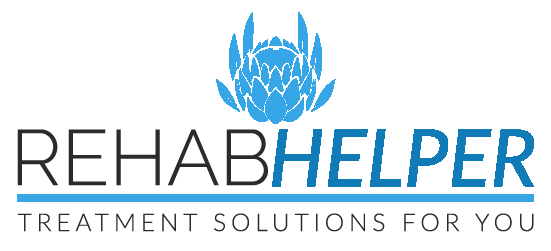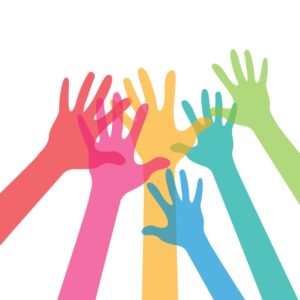The lockdown and social distancing have been incredibly difficult to many, and even more so for those living alone, both with and without preexisting conditions. Isolated from the rest of the world, often without employment or a stable support system, alcoholics and even recovering alcoholics will turn to alcohol to escape the pain of lockdown depression and dissociation from reality. Even those who wouldn’t be classified as alcoholics have turned to alcoholism in lockdown.
Isolation from Recovery Support
Recovery is never a journey taken alone, and often the best recovery practices are rooted in routine and accountability. Hence, AA meetings, peer support groups, and recovery counsellors are so important in maintaining your recovery. This support structure is what helps to steer you away from relapse, but also provide the support, guidance and accountability you need should you relapse.
But with lockdown, recovering alcoholics can no longer visit these scheduled AA meetings and recovery sessions. Suddenly, this support structure has been pulled away from them. That all-important familiar routine is taken away from them; meeting fellow recovering alcoholics, sharing stories and listening to their peers, and even enjoying a cup of tea in the waiting room is all part of a ritual that helps to ground you in recovery.
Making your own routine can help, and even when recovery meetings were easily accessible it was recommended to have a routine outside of your meetings. Even if meetings can’t be done in person, scheduling regular video conference meetings with support groups and peers can at least provide some structure, accountability and communication with others.
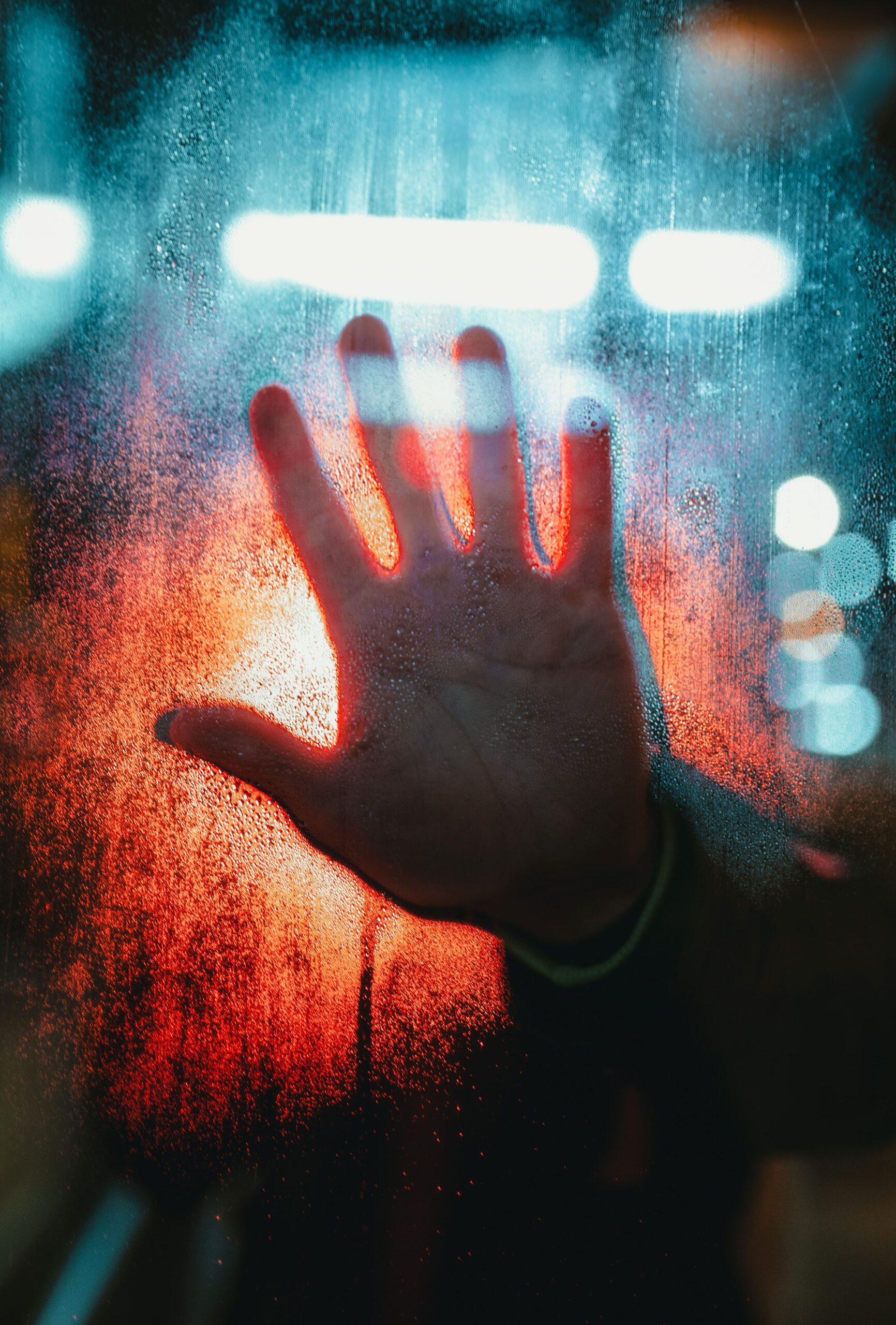
Loneliness and Social Distancing
When paired with isolation, it’s easy to feel like your recovery journey is slipping away from you. Recovery requires connections with people, with activities that enrich your life and keep you away from drinking. Without socializing with others, we miss out on a crucial part of what makes recovery possible.
We recommend that recovering alcoholics seek out the company of others however they can, especially when they feel themselves slipping into relapse. Calling a friend, family member, or counsellor and talking to them on the phone or via video calls can help to provide some social structure and connections.
Social activities can also be done online with the support of innovative technology. From watching movies together remotely to playing online games/board games, and to hosting parties over zoom meetings, you can still enjoy the company of others, even if from a distance.
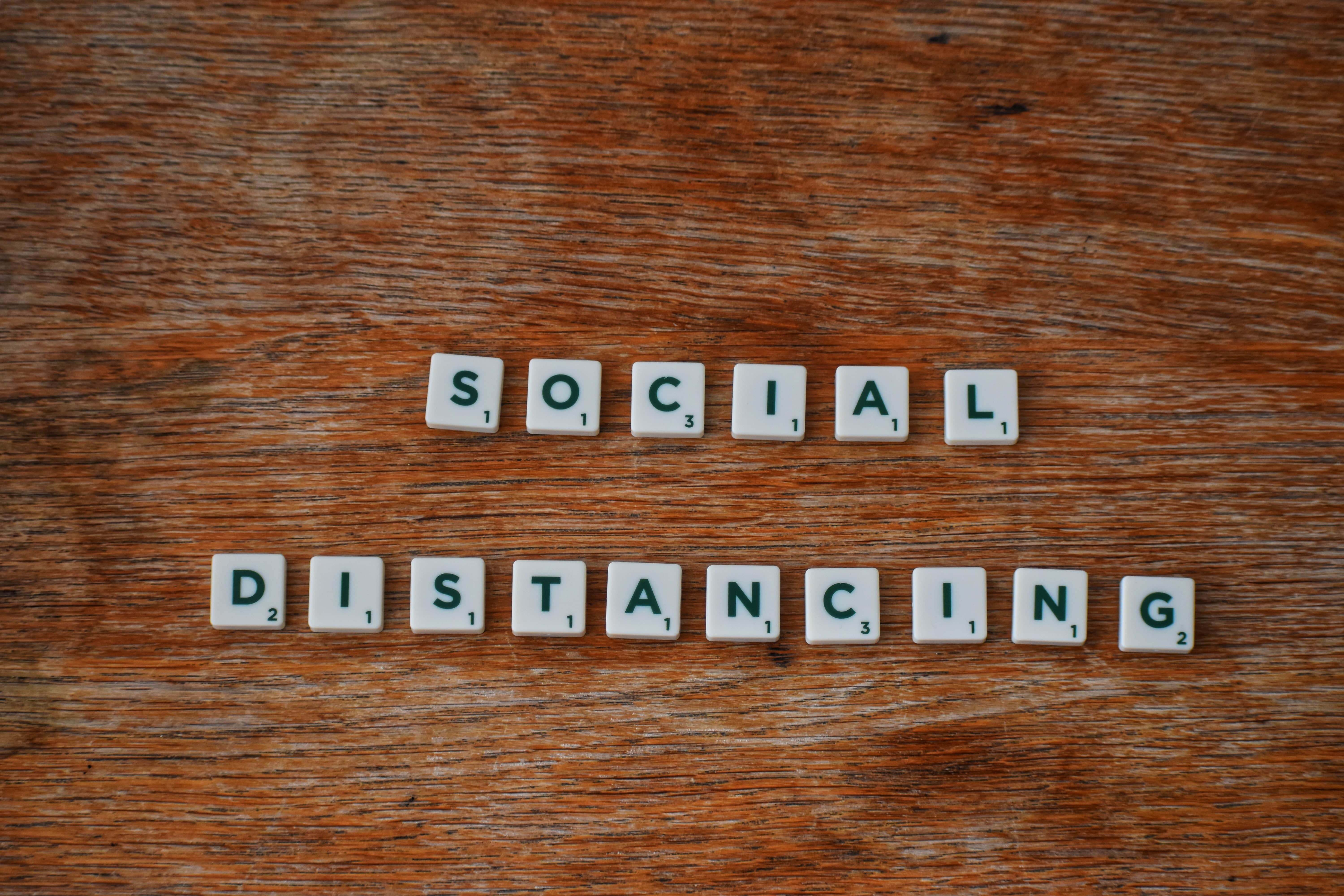
Mental Illness and Disassociation
Even people without any prior mental illnesses or psychosis have been struggling during the lockdown. With most jobs and courses taking place online, this new normal can leave us feeling disconnected from the rest of the world, with heightened senses of paranoia. With only a few Zoom meetings and otherwise entirely virtual contact with people outside the tiny bubble that is your home, some have even confessed to worrying they’ve already died, or that reality was never ‘real’ to begin with.
Pre Existing conditions are exacerbated by the lockdown, with soaring levels of depression and anxiety. Under these conditions, alcoholics and recovering alcoholics will turn to alcohol to drown their depression, or worse yet, drink themselves away entirely. Especially when it feels like the only way to escape, or that their actions in this warped reality hold no consequence.
In these instances, we recommend reaching out for the support of a loved one, peer, or a rehab centre. It’s important to ground yourself and affirm that there are not only people out there but people who can help you. Taking a few measures to affirm yourself can also go a long way, such as dispelling paranoia when it arises. Don’t make the experience wrong, but don’t entertain the del either.
Seeking the help of a therapist, even if remotely, can also provide you with some much needed emotional and psychological support. A therapist can also offer a new perspective, and similar, provide you with a recovery routine.
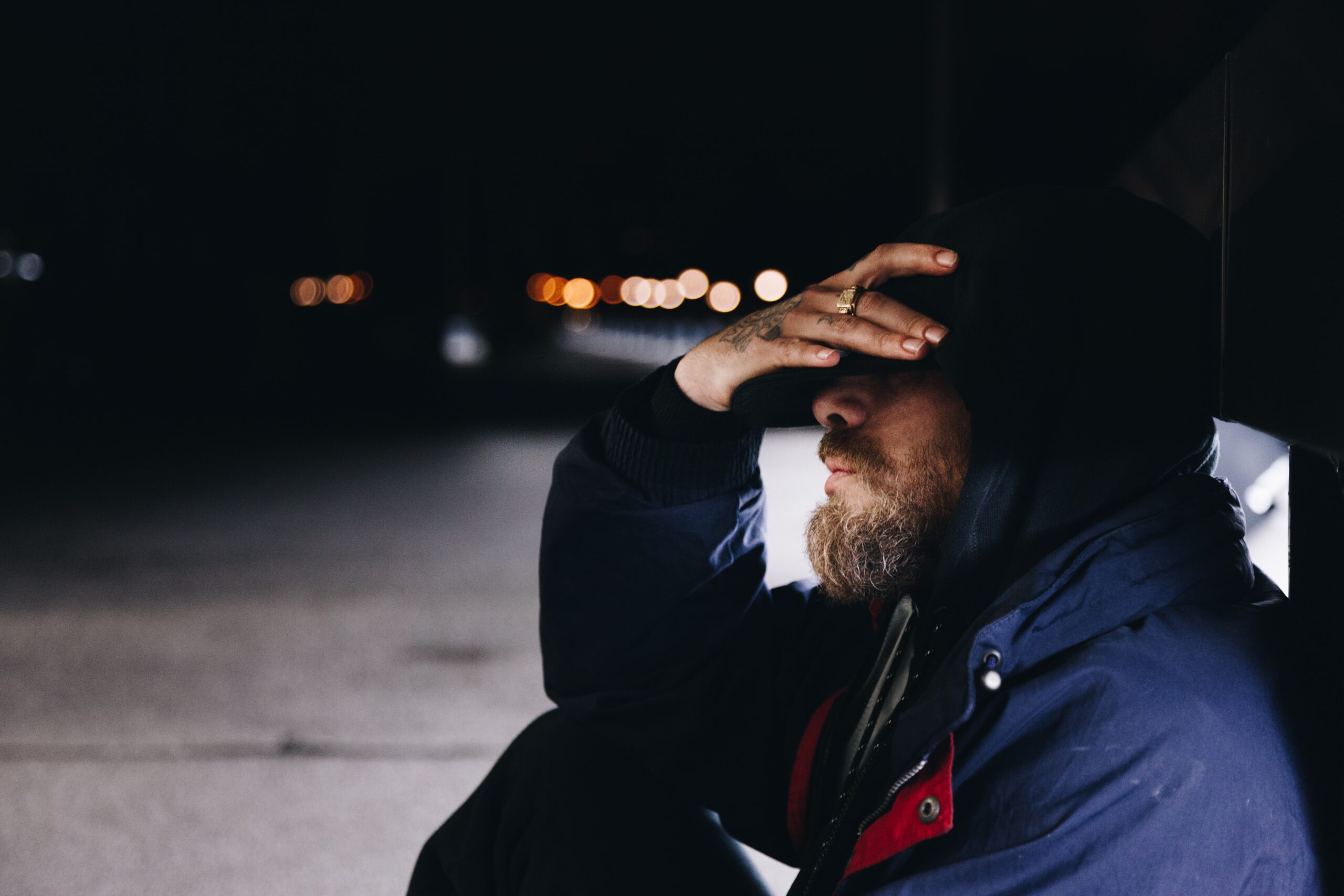
UK Drug and Alcohol Rehabilitation Centres
With the steep rise in alcoholism and alcohol-related emergencies behind closed doors, we recommended you pursue the help of alcohol rehabilitation if you suspect you or someone you love is suffering from alcohol addiction and dependency. We stress that an alcoholic should never stop drinking without the support of an in-patient care team to avoid the painful and sometimes deadly effects of alcohol withdrawal. Get in contact with a UK rehab close to you, or one that can best meet your needs and recovery requirements.
